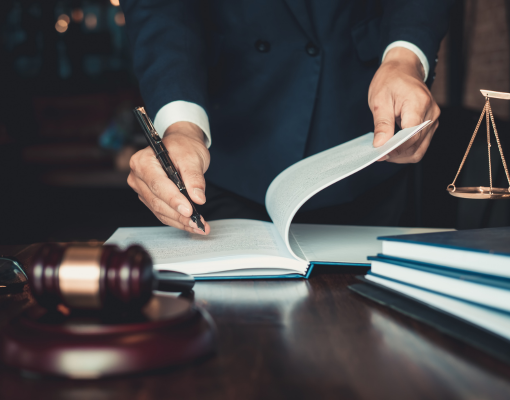Free Legal Advice 24/7
The offence of improper use of a motor vehicle is defined under section 65A of the Road Safety Act 1986 (RSA). It involves driving a motor vehicle in such a way that it causes the vehicle to lose traction on one or more of its wheels.
This loss of traction can occur during actions like “burnouts,” “doughnuts,” “fishtailing,” or “drifting,” where the driver intentionally causes the wheels to lose grip on the road.
To secure a conviction, the prosecution must prove beyond reasonable doubt that:
The maximum penalty for improper use of a motor vehicle is a fine of 5 penalty units.
Importantly, this offence does not carry any demerit points, which could be a factor when considering alternatives to a charge of careless driving, which does involve demerit points.
The case will typically be heard in the Magistrates’ Court.

A key consideration is whether the loss of traction was intentional. If you can prove that the loss of traction was not intentional, this may serve as a valid defence.
The offence does not apply if the act occurred during certain events or activities, such as motor sports, driver training, or vehicle testing, provided these events are authorised or conducted in accordance with the relevant regulations.
You may be facing charges such as dangerous driving or careless driving, which could carry more severe penalties, including demerit points.

Testimonials
If charged with improper use of a motor vehicle, it is important to seek legal representation from a traffic solicitor experienced in handling driving offences.
A lawyer can assess the circumstances of the case, advise on potential defences (such as lack of intent), and represent the defendant in court to advocate for the best possible outcome.
Legal counsel can also help explore alternatives such as contesting the charge or negotiating for a more lenient penalty.
Do not delay, Call MK Law 1800 130 120 today.
Free Legal Advice 24/7
Call Anytime For Free Legal Advice 24/7
Top 5 firms by reputation dealing with traffic and criminal law matters.
Copyright ©2003-2024 MK Law. Privacy Policy